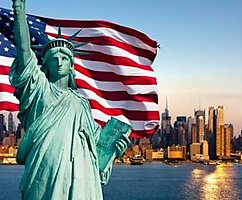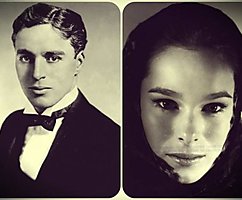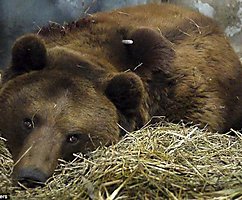Hunger for NevHronika blockade
 Bashny.Net
Bashny.Net
September 8, 1941 Leningrad was blocked by German troops. Blockade imposed during the Great Patriotic War, was removed only after 872 days. During this time, were killed and 1, 5 million people. Blockade Chronicle eyes of the inhabitants of the city.
25 photos
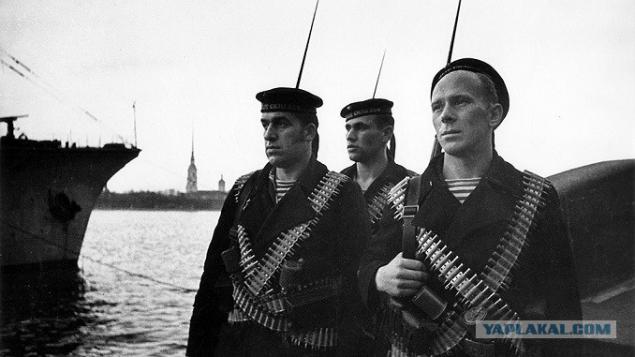
Initially, the plan "Barbarossa" Leningrad was to be taken. After connecting to the Finnish troops Baltic Sea became inland lake in Germany.
Hitler gave mystical significance to take the city "With the capture of Leningrad Bolsheviks will be lost one of the symbols of the revolution and can come complete disaster».
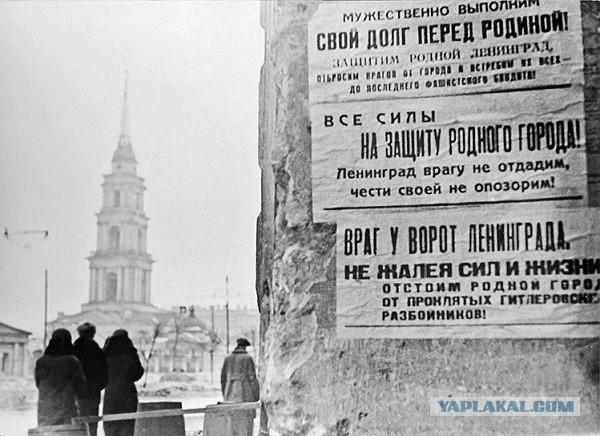
September 8, 1941, German forces took Shlisselburg, began the siege of Leningrad lasted 872 days.
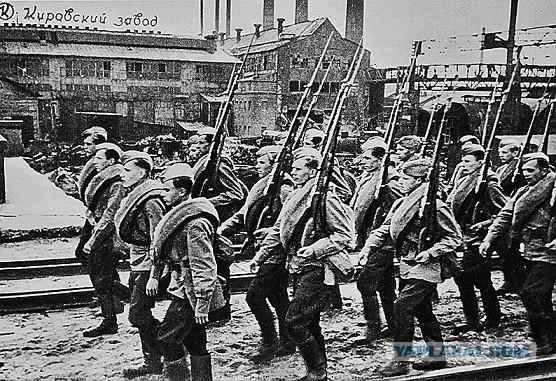
At that time, Leningrad numbered 3, 4 million. Inhabitants, in 1943 only 600 thousand. The number of deaths is much higher than the number of those who managed to escape from the besieged city on the "Road of Life" across Lake Ladoga.
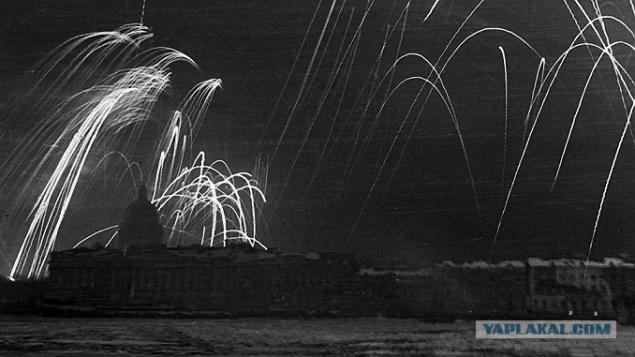
Evacuation of residents of Leningrad began in late June 1941, with many residents did not want to leave their homes. From the siege of Leningrad schoolgirl diary Lena Mukhina "For three days talking evacuation of children ... for 100 people attached 1 director and 1 nurse. Across the city finishes construction of shelters, trenches, slots ».
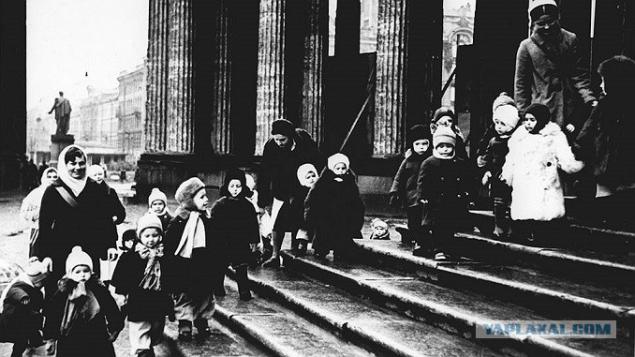
In October 1941, were introduced ration cards, workers and engineering staff began to receive 400 grams of bread a day, the rest of 200 grams. This rate cut in January 1942. From the diary of Elena Mukhina "I work in a hospital at the Institute of Maternity and Infancy them. Clara Zetkin. We have nurses on duty daily. The work is very difficult, but I'm slowly getting used to. But in the days I watch a well-fed and receive a card of the first category with 400 gr. bread a day ».
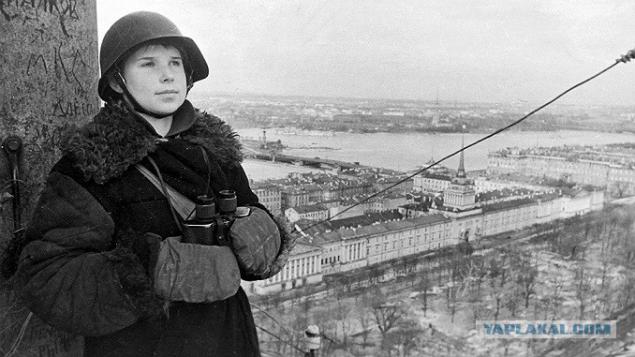
In the autumn of 1941, German troops tried to destroy the city heavy artillery shelling and bombing. Major strikes were aimed at warehouses of food: so for example the famous Badaevsky were destroyed warehouses where there were thousands of tons of food. From the diary of Elena Mukhina "The Germans probably turn Leningrad in ruins, and then take it. We all, who has time to escape, will live in the woods and there we die, or zamёrznem from the cold, or die of hunger, or kill us ... ».
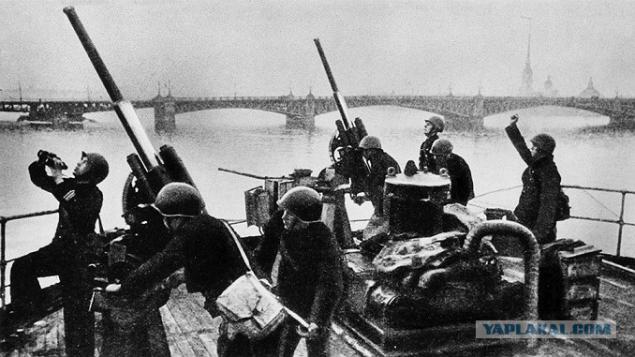
In November 1941, Soviet troops launched a counteroffensive, forcing the enemy to retreat to the Volkhov river, preventing the connection of German troops from the Finnish troops to the east of Leningrad. By the end of the year Finland practically ceased hostilities. In Leningrad, in the meantime has failed plumbing, heating stopped homes. From the diary of Elena Mukhina "There was a harsh winter. The house is cold, because the wood is very necessary to save. The stove burns only that would cook dinner, dark ... School is not heated, in some classes were frozen ink, good that students give no cards on a hot bowl of soup. "
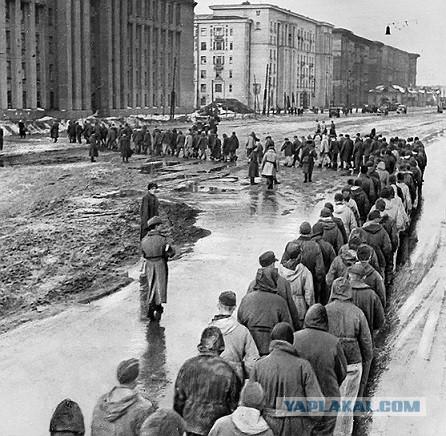
By the end of 1941, the situation has deteriorated sharply residents of Leningrad. From the diary of one of the doctor's Leningrad hospitals "18/12/41 almost 4 months we are under siege. No bringing up food, no fuel. The power station despite all the tricks of the Nazis escaped, but the reserves so insignificant that electric light is almost impossible to use. Home almost not heated this year. Our superstructure until yesterday stoked, and today is no longer drown. Nothing. So Leningrad have triad: cold, hunger and darkness.
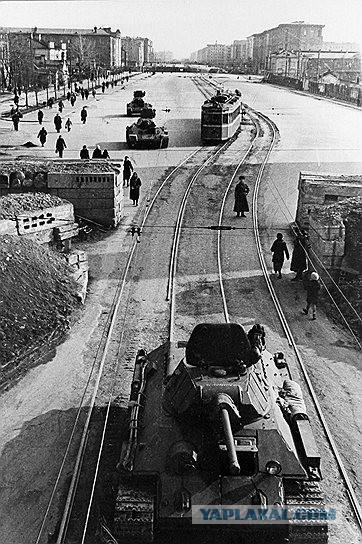
Deaths from starvation in Leningrad became a mass on the day, several thousand people died, while male mortality exceeded female.
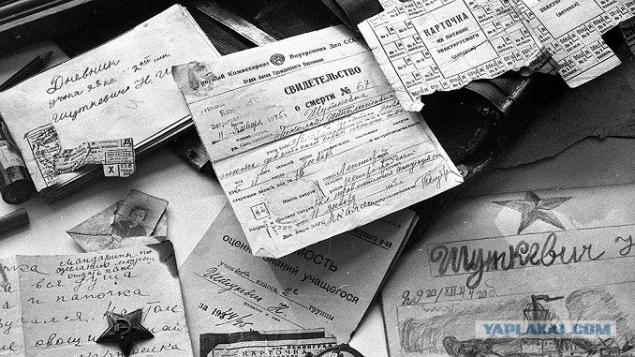
Another factor in the high mortality rate among the population were abnormal frosts: so in January 1942 the temperature fell below 30 degrees Celsius. From the diary of Elena Mukhina "Aka no longer gets out of bed at all. In truth, if Aka dies, it will be better for her and for us with his mother. Since we have all divided into three parts, and my mother and all will share in half. Aka-mouth once only. I do not know how I can write these lines. But now my heart is like a stone ».
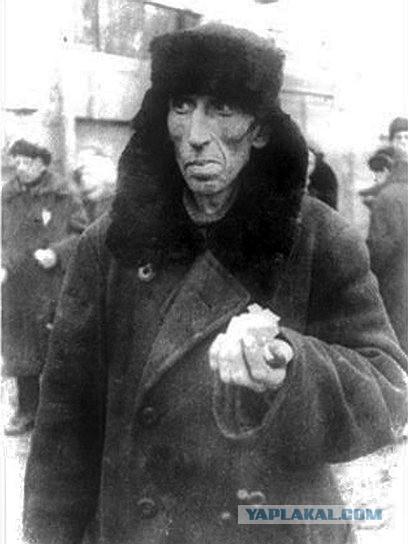
In 1942 in Leningrad, was organized by the additional clinical nutrition at higher standards in special hospitals at factories, as well as in some urban canteens. The hotel "Astoria" started working hospital for scientists and artists. From the diary of Elena Mukhina "Here we are starving mrёm, and in Moscow, Stalin gave a dinner in honor of Eden. Just a disgrace. They guzzle it like the devil ».
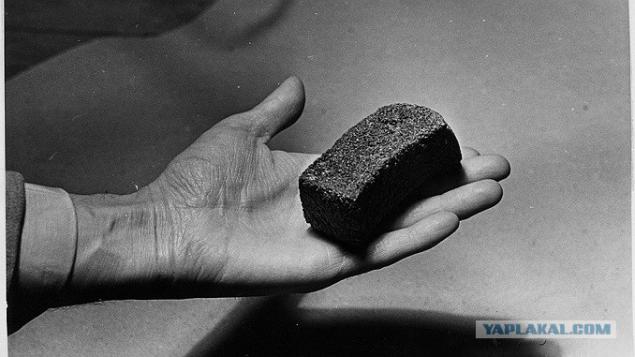
Because of the lack of food in enterprises and public catering actively used food substitutes: in the baking industry added cellulose, in the meat industry added soy flour, intestines, blood plasma of animals. From the diary of Elena Mukhina "Today we had a delicious soup with meat and pasta. Feline meat enough for two more times. It would be nice to get where be more cat ».
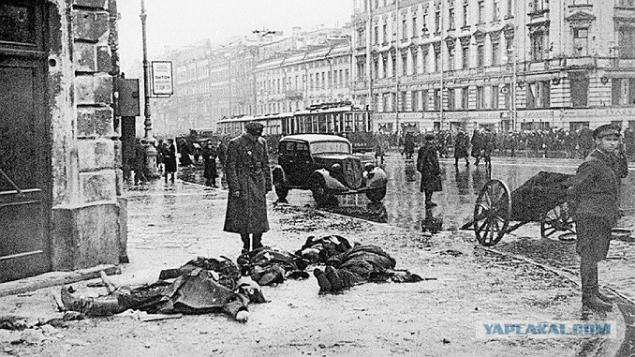
In 1941-42, Soviet troops have made several attempts to break the blockade, but they were unsuccessful. The only thing that connected Leningrad with a large ground was - "The Road of Life", which is across Lake Ladoga in winter allowed to carry on the ice loads of any weight.
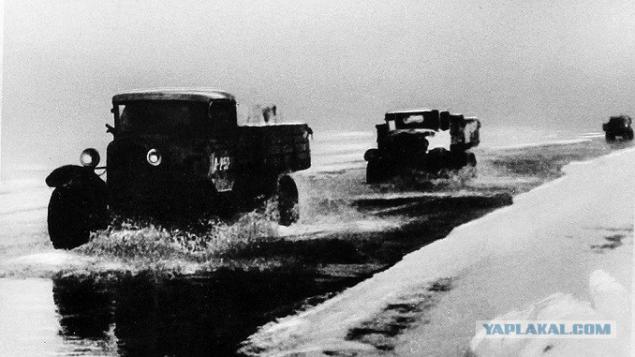
To fight hunger undertaken various efforts. Gardens arranged to "any-free piece of land." Grown potatoes, cabbage and other vegetables.
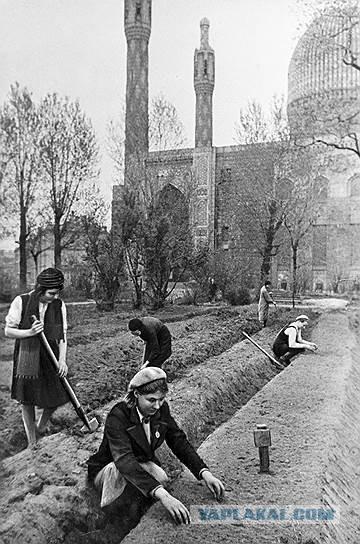
An integral part of the people of Leningrad began mining Fuel for heating homes mostly used stove stoves that were heated everything that could burn. The city, meanwhile, stopped working electric transport. From the diary of Elena Mukhina "Yesterday my mother and I sat by the stove extinct, huddled close to each other. We were so well from the oven heat enveloped us. Our stomachs were full. We dreamed about our beduyuschey life. The fact that we will Goth ovit for dinner ».
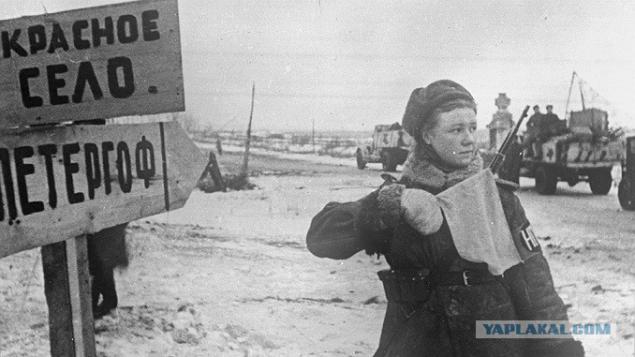
In the spring of 1942 with the warming improved nutrition, in Leningrad reduced the number of sudden deaths in the street. All able-bodied population came to clean the city of garbage. From the diary of Elena Mukhina "Dear, dear, dear mother. You did not live to improve some few days. You died the morning of the 7th, and 11th added bread, 12th gave the rump ».
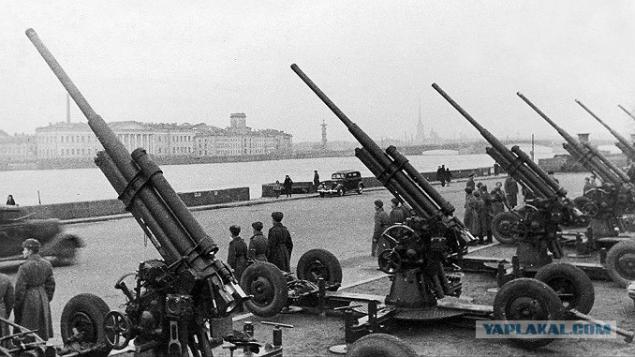
From the diary of a schoolgirl Lena Mukhina "Hurry to get out of this damned Leningrad. However, this is a wonderful, beautiful city and I got used to it. But I can not see him again, let alone love. The city where I had to go through so much grief, where I lost all that she had. No, this city, his name I'll remember all my life with a shudder to the heart. Soon, soon I leave here and I hope forever. "
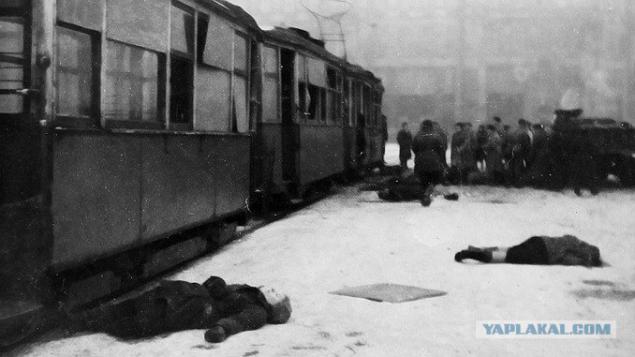
In April 1942, in Leningrad was re-launched regular passenger tram - it had to restore about 150 km of contact network. Start trolley while authorities considered inappropriate. From the diary of Elena Mukhina "Today went trams, what joy».
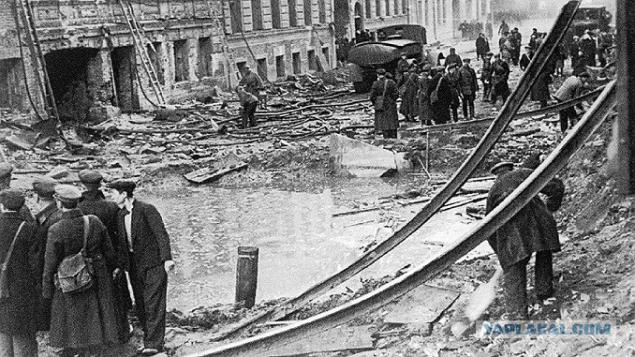
In summer 1942, the German High Command decided to intensify the fighting on the Leningrad front in the first place to strengthen the shelling and bombing of the city.
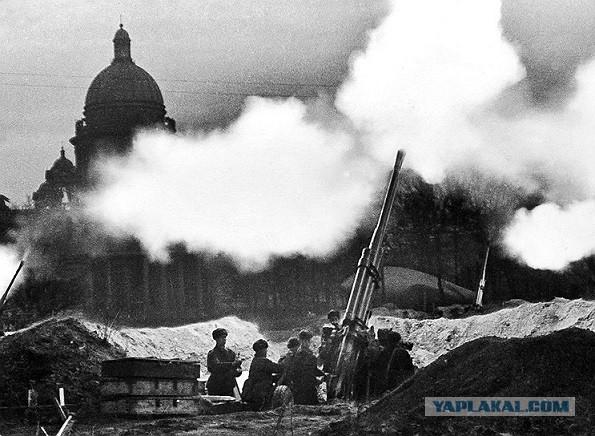
From the diary of Elena Mukhina "The second air raid during the day. It will be stupid and annoying to die before his departure, having gone through all the horrors of that winter, hunger and cold. Perhaps this is the last of my line. I beg those who find this blog to send him at the city of Gorky, lane 5 The Mogilevich, kv.1 EN Zhurkov ».
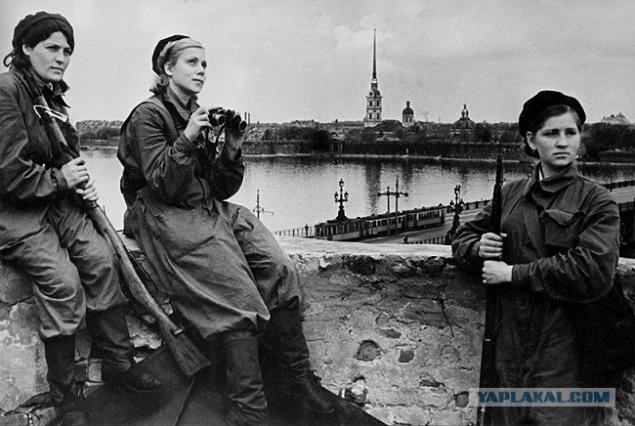
The winter of 1943 the Soviet forces finally managed to break through blokadu.18 January was released Shlissel'burg and cleared all the southern coast of Lake Ladoga. Was restored land connection with the Leningrad Large ground. Paved roads and railways, called "Roads of Victory." At this point in the city had about 600,000 inhabitants.
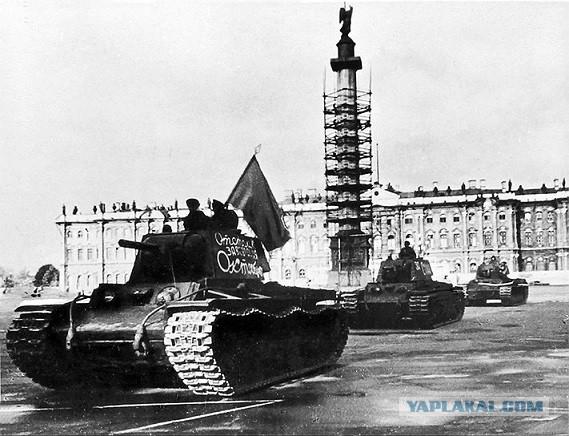
Inscription "Citizens! when shelling this side of the street is the most dangerous, "which appeared in Leningrad during the siege, were later restored in memory of the tragic events.
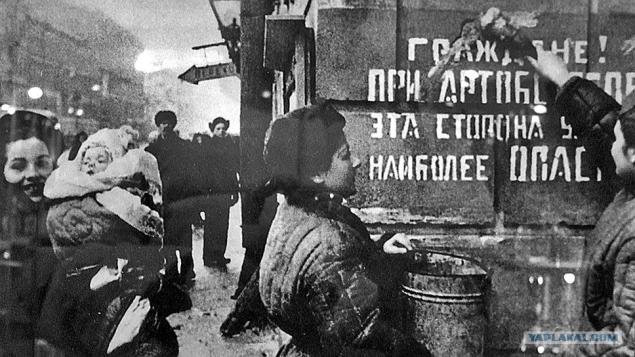
January 27, 1944 was finally lifted the siege of Leningrad, which lasted almost two and a half years. According to various sources at this time killed up to half a million people, 97% of whom died from hunger. May 1, 1945 for heroism and courage demonstrated by the people during the siege of Leningrad was awarded the title Hero City.
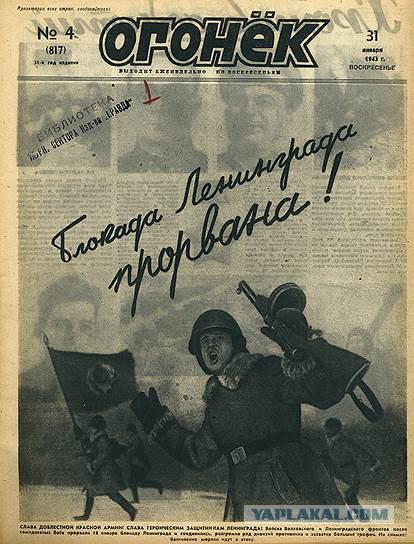
From Wikipedia: Lena Mukhina (1924-1991) - Soviet artist; at the beginning of the Great Patriotic War Leningrad schoolgirl, author of "The Blockade Diary Lena Mukhina».
I have everything: Source
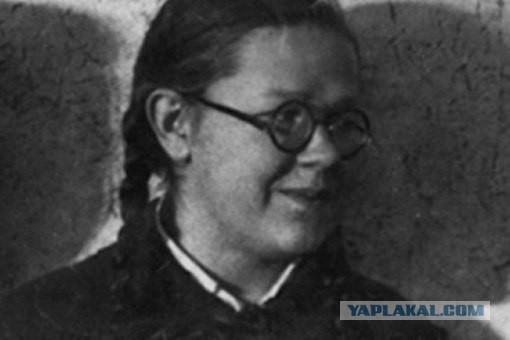
25 photos

Initially, the plan "Barbarossa" Leningrad was to be taken. After connecting to the Finnish troops Baltic Sea became inland lake in Germany.
Hitler gave mystical significance to take the city "With the capture of Leningrad Bolsheviks will be lost one of the symbols of the revolution and can come complete disaster».

September 8, 1941, German forces took Shlisselburg, began the siege of Leningrad lasted 872 days.

At that time, Leningrad numbered 3, 4 million. Inhabitants, in 1943 only 600 thousand. The number of deaths is much higher than the number of those who managed to escape from the besieged city on the "Road of Life" across Lake Ladoga.

Evacuation of residents of Leningrad began in late June 1941, with many residents did not want to leave their homes. From the siege of Leningrad schoolgirl diary Lena Mukhina "For three days talking evacuation of children ... for 100 people attached 1 director and 1 nurse. Across the city finishes construction of shelters, trenches, slots ».

In October 1941, were introduced ration cards, workers and engineering staff began to receive 400 grams of bread a day, the rest of 200 grams. This rate cut in January 1942. From the diary of Elena Mukhina "I work in a hospital at the Institute of Maternity and Infancy them. Clara Zetkin. We have nurses on duty daily. The work is very difficult, but I'm slowly getting used to. But in the days I watch a well-fed and receive a card of the first category with 400 gr. bread a day ».

In the autumn of 1941, German troops tried to destroy the city heavy artillery shelling and bombing. Major strikes were aimed at warehouses of food: so for example the famous Badaevsky were destroyed warehouses where there were thousands of tons of food. From the diary of Elena Mukhina "The Germans probably turn Leningrad in ruins, and then take it. We all, who has time to escape, will live in the woods and there we die, or zamёrznem from the cold, or die of hunger, or kill us ... ».

In November 1941, Soviet troops launched a counteroffensive, forcing the enemy to retreat to the Volkhov river, preventing the connection of German troops from the Finnish troops to the east of Leningrad. By the end of the year Finland practically ceased hostilities. In Leningrad, in the meantime has failed plumbing, heating stopped homes. From the diary of Elena Mukhina "There was a harsh winter. The house is cold, because the wood is very necessary to save. The stove burns only that would cook dinner, dark ... School is not heated, in some classes were frozen ink, good that students give no cards on a hot bowl of soup. "

By the end of 1941, the situation has deteriorated sharply residents of Leningrad. From the diary of one of the doctor's Leningrad hospitals "18/12/41 almost 4 months we are under siege. No bringing up food, no fuel. The power station despite all the tricks of the Nazis escaped, but the reserves so insignificant that electric light is almost impossible to use. Home almost not heated this year. Our superstructure until yesterday stoked, and today is no longer drown. Nothing. So Leningrad have triad: cold, hunger and darkness.

Deaths from starvation in Leningrad became a mass on the day, several thousand people died, while male mortality exceeded female.

Another factor in the high mortality rate among the population were abnormal frosts: so in January 1942 the temperature fell below 30 degrees Celsius. From the diary of Elena Mukhina "Aka no longer gets out of bed at all. In truth, if Aka dies, it will be better for her and for us with his mother. Since we have all divided into three parts, and my mother and all will share in half. Aka-mouth once only. I do not know how I can write these lines. But now my heart is like a stone ».

In 1942 in Leningrad, was organized by the additional clinical nutrition at higher standards in special hospitals at factories, as well as in some urban canteens. The hotel "Astoria" started working hospital for scientists and artists. From the diary of Elena Mukhina "Here we are starving mrёm, and in Moscow, Stalin gave a dinner in honor of Eden. Just a disgrace. They guzzle it like the devil ».

Because of the lack of food in enterprises and public catering actively used food substitutes: in the baking industry added cellulose, in the meat industry added soy flour, intestines, blood plasma of animals. From the diary of Elena Mukhina "Today we had a delicious soup with meat and pasta. Feline meat enough for two more times. It would be nice to get where be more cat ».

In 1941-42, Soviet troops have made several attempts to break the blockade, but they were unsuccessful. The only thing that connected Leningrad with a large ground was - "The Road of Life", which is across Lake Ladoga in winter allowed to carry on the ice loads of any weight.

To fight hunger undertaken various efforts. Gardens arranged to "any-free piece of land." Grown potatoes, cabbage and other vegetables.

An integral part of the people of Leningrad began mining Fuel for heating homes mostly used stove stoves that were heated everything that could burn. The city, meanwhile, stopped working electric transport. From the diary of Elena Mukhina "Yesterday my mother and I sat by the stove extinct, huddled close to each other. We were so well from the oven heat enveloped us. Our stomachs were full. We dreamed about our beduyuschey life. The fact that we will Goth ovit for dinner ».

In the spring of 1942 with the warming improved nutrition, in Leningrad reduced the number of sudden deaths in the street. All able-bodied population came to clean the city of garbage. From the diary of Elena Mukhina "Dear, dear, dear mother. You did not live to improve some few days. You died the morning of the 7th, and 11th added bread, 12th gave the rump ».

From the diary of a schoolgirl Lena Mukhina "Hurry to get out of this damned Leningrad. However, this is a wonderful, beautiful city and I got used to it. But I can not see him again, let alone love. The city where I had to go through so much grief, where I lost all that she had. No, this city, his name I'll remember all my life with a shudder to the heart. Soon, soon I leave here and I hope forever. "

In April 1942, in Leningrad was re-launched regular passenger tram - it had to restore about 150 km of contact network. Start trolley while authorities considered inappropriate. From the diary of Elena Mukhina "Today went trams, what joy».

In summer 1942, the German High Command decided to intensify the fighting on the Leningrad front in the first place to strengthen the shelling and bombing of the city.

From the diary of Elena Mukhina "The second air raid during the day. It will be stupid and annoying to die before his departure, having gone through all the horrors of that winter, hunger and cold. Perhaps this is the last of my line. I beg those who find this blog to send him at the city of Gorky, lane 5 The Mogilevich, kv.1 EN Zhurkov ».

The winter of 1943 the Soviet forces finally managed to break through blokadu.18 January was released Shlissel'burg and cleared all the southern coast of Lake Ladoga. Was restored land connection with the Leningrad Large ground. Paved roads and railways, called "Roads of Victory." At this point in the city had about 600,000 inhabitants.

Inscription "Citizens! when shelling this side of the street is the most dangerous, "which appeared in Leningrad during the siege, were later restored in memory of the tragic events.

January 27, 1944 was finally lifted the siege of Leningrad, which lasted almost two and a half years. According to various sources at this time killed up to half a million people, 97% of whom died from hunger. May 1, 1945 for heroism and courage demonstrated by the people during the siege of Leningrad was awarded the title Hero City.

From Wikipedia: Lena Mukhina (1924-1991) - Soviet artist; at the beginning of the Great Patriotic War Leningrad schoolgirl, author of "The Blockade Diary Lena Mukhina».
I have everything: Source

Tags
See also
7 important facts of the Hussars.
On a pound of gold?
Lives for their country. One of the first.
Heroic dogs
How to get out of resentment of a lifetime
Hunger for NevHronika blockade
Map of the events of 1941-1945 in Leningrad
Leningrad Military: addresses of life and death
Blockade of Leningrad
Blockade of Leningrad


